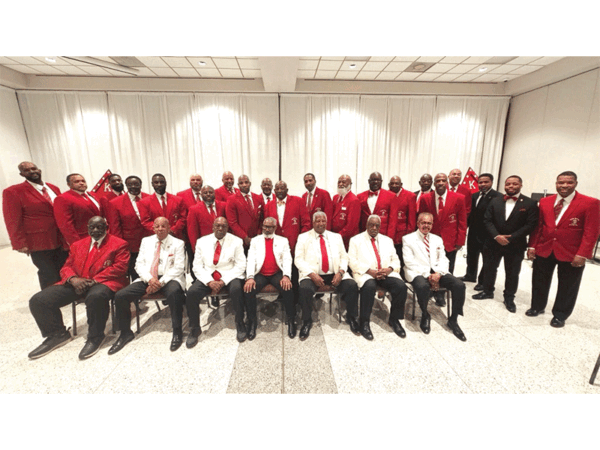Baton Rouge – The Louisiana Foundation Against Sexual Assault (LaFASA) wants Louisianans to know that they can be instrumental in sexual violence policy revisions proposed by the U.S. Department of Education. In November 2018, under the leadership of Secretary Betsy DeVos, changes to Title IX regarding school response to sexual harassment and assault were recommended. The newly proposed Title IX regulation would dramatically alter schools’ responsibilities in addressing sexual violence on campus. However, until the end of January, the Department of Education is soliciting public input allowing citizens to have a voice in Title IX policy.
Title IX is a federal law that bars schools and colleges from engaging in sex-based discrimination. The benefits of this law can be found in promoting equity in academic and athletic programs, preventing hostile environments on the basis of sex, prohibiting sexual harassment and sexual violence, protecting from retaliation and remedying the effects of other gender-based forms of discrimination. Schools that receive federal funds either directly, indirectly or through tuition financing, are subject to Title IX regulations.
Below is a brief list of examples in the ways in which this new guidance will affect survivors and any future victims of campus sexual violence. [From the National Women’s Law Center:
Off-campus/online: Schools would be required to ignore harassment that occurs outside of a school activity, including most off-campus and online harassment.
Definition of harassment: Unwelcome conduct on the basis of sex that is so severe, pervasive, and objectively offensive that it effectively denies a person equal access to the school’s education program or activity.
Religious exemptions: Religious schools would be able to claim “religious” excuses for violating Title IX, even if the school had never before requested a religious exemption from ED.
Time frame: There would be no clear timeframe for investigations, and schools would be able to delay taking any action if there is also an ongoing criminal investigation.
Presumption of no harassment: Schools would be required to presume that no harassment occurred.
Standard of proof: Many schools would be required to use an inappropriate and more demanding standard of proof to investigate sexual harassment than to investigate other types of student misconduct.
Cross-examination: Survivors in college and graduate school would be required to submit to live cross-examination by their rapist’s advisor of choice.
Appeals: Schools would be required to give unequal appeal rights with respect to sanctions.
Mediation: Schools would be allowed to pressure survivors into mediation with their assailants.
Statistics posted on RAINN’s website show women ages 18-24 are at an elevated risk of sexual violence, sexual violence Is more prevalent at college compared to other crimes, and college-aged victims of sexual violence often do not report to law enforcement. According to Josef Canaria, Campus Sexual Assault Project Coordinator at LaFASA, these stats support the expectation that the proposed changes would create a dangerous environment for students. LaFASA feels it is critical that the Department of Education hears from the public during this period of “notice and comment.” “Right now, Louisianians have the power to affect policy so that the positive steps we’ve made up until now, won’t be retracted,” says Canaria.
The Department of Education is legally required to respond to the input it receives through the notice and comment process, before these regulations are finalized and go into effect.
LaFASA encourages the public to contact the Department of Education with concerns. Written comments are due by January 28, 2019 at 11:59 p.m. and can be submitted via regulations.gov. The comment page is titled “Nondiscrimination on the Basis of Sex in Education Programs or Activities Receiving Federal Financial Assistance” and can be found under the search “federal register number 2018-25314.” As per the regulations website, “The Department strongly encourages commenters to submit their comments electronically. If, however, you mail or deliver your comments about these proposed regulations, address them to Brittany Bull, U.S. Department of Education, 400 Maryland Avenue SW, Room 6E310, Washington, DC 20202.”



